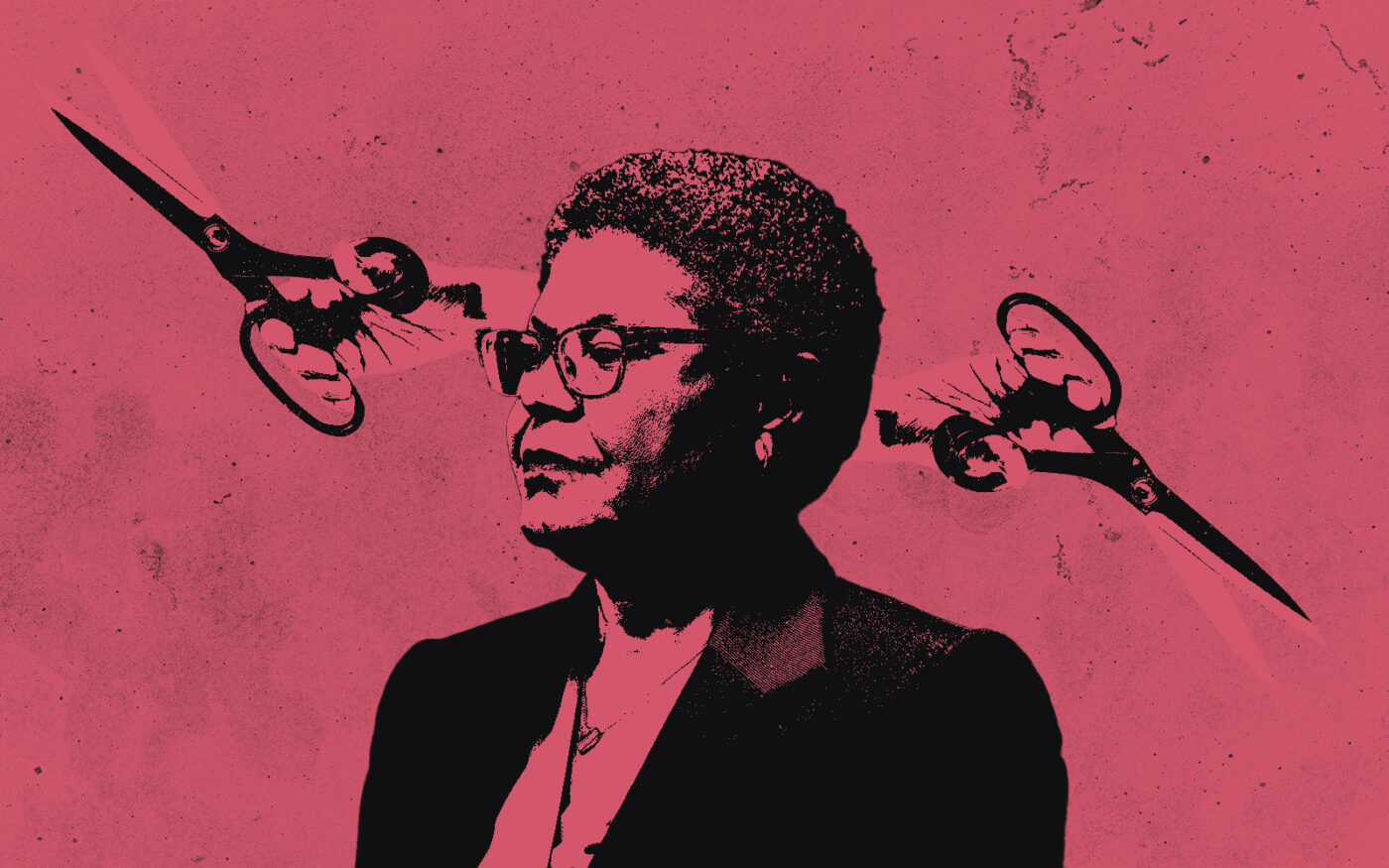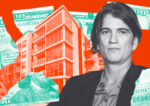Trending
LA cuts revenue projections from new transfer tax by 25%
City now anticipates up to $672M in first-year money from Measure ULA

The City of Los Angeles expects to make a lot less from its new transfer taxes than originally advertised.
Measure ULA is projected to generate up to $672 million in revenues from July 1 of this year through June 30 of next year, according to an analysis from the City Administrative Office, which conducts financial and budget analyses. The office released its report last week.
The new numbers are about 25 percent less than original estimates provided to voters in November, assuming about $5.1 billion less in property sales.
Proponents of Measure ULA said on the city’s voter information pamphlet that Measure ULA was set to generate about $900 million per year, based on real estate sales volume from mid-2021 through mid-2022. A UCLA report in September said the taxes would raise $923 million.
But revenue from the measure, which adds a 4 percent tax on all residential and commercial sales over $5 million and a 5.5 percent tax on sales over $10 million, relies on sales of both residential and commercial properties to go through.
High interest rates have chilled real estate transactions across the city, as acquisition capital has become more expensive. And commercial developers, investors, brokers and others in the industry warned the implementation of the measure itself would freeze sales.
“It will affect sales up and down the spectrum,” Douglas Praw, a real estate attorney at Holland & Knight, said in January.
In addition, sales are expected to dry up more once the tax actually takes effect next month, which might result in the city lowering its estimates further.
If the city achieves that $672 million in revenue during the first fiscal year, about $433 million will go towards affordable housing programs, $185 million for homelessness prevention programs and $53.7 million would go towards implementing the measure.
In its report, the city said Measure ULA still faces two legal challenges and a state ballot initiative that could overturn it next year.




